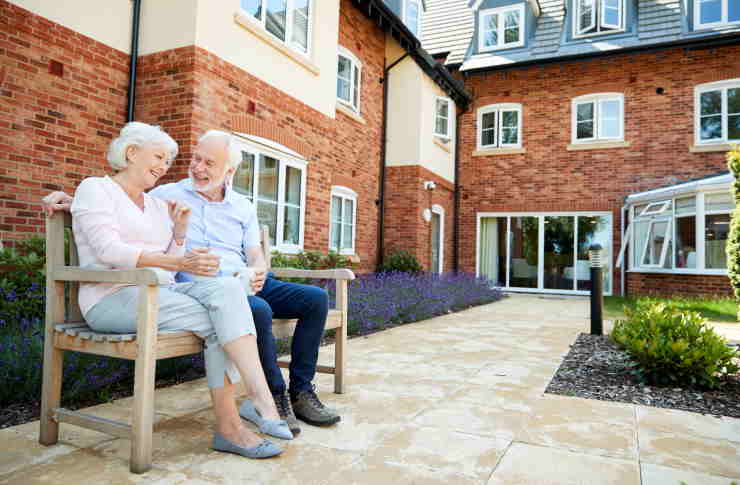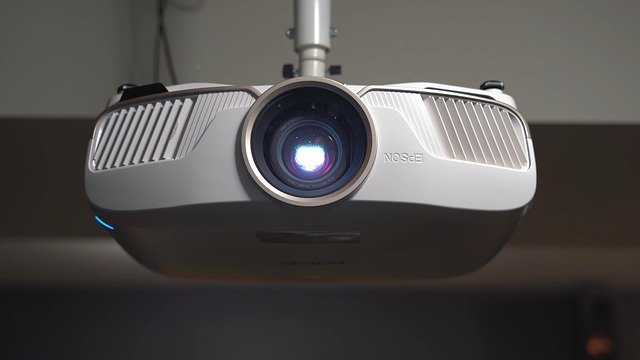Senior Apartments: A Comprehensive Guide for Elderly Housing Solutions
As our population ages, the demand for specialized housing solutions tailored to the needs of seniors continues to grow. Senior apartments offer a unique blend of independence and support, designed to enhance the quality of life for older adults. This comprehensive guide explores the world of senior apartments, their benefits, and how they cater to the diverse needs of the elderly population.

How Do Senior Apartments Differ from Regular Housing?
Senior apartments stand out from conventional housing in several key aspects. Firstly, they are designed with accessibility in mind, featuring wide doorways, grab bars in bathrooms, and emergency call systems. Additionally, these communities often provide maintenance-free living, relieving residents of the burden of home upkeep. Many senior apartments also offer social activities, transportation services, and on-site amenities like fitness centers and communal spaces, fostering a sense of community and promoting an active lifestyle among residents.
What Types of Senior Apartments Are Available?
The senior housing market offers a variety of options to cater to different needs and preferences:
-
Independent Living Apartments: These are designed for active seniors who require minimal assistance with daily tasks.
-
Assisted Living Apartments: Offering a higher level of support, these units provide help with activities of daily living, such as bathing, dressing, and medication management.
-
Memory Care Units: Specialized apartments for seniors with Alzheimer’s disease or other forms of dementia, providing a secure environment with 24/7 care.
-
Continuing Care Retirement Communities (CCRCs): These offer a continuum of care, allowing residents to transition between levels of care as their needs change over time.
How Can Seniors Finance Their Housing Needs?
Financing senior housing can be a significant concern for many older adults and their families. Fortunately, there are several options available to help make senior apartments more affordable:
-
Housing Choice Voucher Program (Section 8): This federal program provides rental assistance to low-income seniors.
-
Low-Income Housing Tax Credit (LIHTC) Properties: These apartments offer reduced rent for seniors who meet specific income requirements.
-
HUD Section 202 Supportive Housing: This program provides affordable housing with supportive services for very low-income elderly.
-
Veterans Affairs Supportive Housing (VASH): Combines Housing Choice Voucher rental assistance with VA services for eligible veterans.
-
Reverse Mortgages: Allow seniors to tap into their home equity to finance their housing needs.
What Amenities and Services Are Typically Offered in Senior Apartments?
Senior apartments often provide a range of amenities and services designed to enhance residents’ quality of life:
-
On-site dining facilities
-
Fitness centers and wellness programs
-
Social activities and educational classes
-
Transportation services
-
Housekeeping and laundry services
-
24-hour emergency response systems
-
Medication management (in assisted living settings)
-
Beauty salons and barber shops
-
Library and computer rooms
-
Outdoor spaces like gardens and walking paths
How to Choose the Right Senior Apartment?
Selecting the ideal senior apartment involves careful consideration of various factors:
-
Location: Proximity to family, healthcare facilities, and preferred amenities.
-
Level of Care: Assess current and potential future care needs.
-
Budget: Consider both immediate and long-term financial implications.
-
Community Culture: Visit the facility and interact with residents to gauge the social atmosphere.
-
Amenities and Services: Ensure the offered amenities align with personal preferences and needs.
-
Contract Terms: Carefully review lease agreements and understand all associated costs.
-
Safety Features: Check for security measures and emergency response systems.
-
Accessibility: Evaluate the layout and design for ease of mobility.
Choosing the right senior apartment is a significant decision that can greatly impact an older adult’s quality of life. By carefully considering the various options, amenities, and financial aspects, seniors and their families can find a living solution that provides comfort, safety, and a sense of community. As the demand for senior housing continues to grow, the market is likely to evolve, offering even more diverse and tailored options to meet the unique needs of our aging population.






